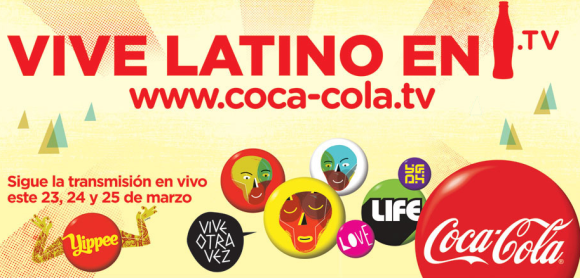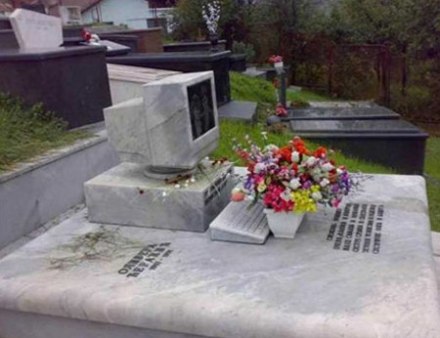Online courses are nothing new. Many institutions now offer hundreds of online degrees. But a new trend from educational systems is called: Massive Open Online Courses or MOOC. An example of these courses is that Stanford University has done with Artificial Intelligence, Machine Learning and Introduction to Databases, which are offered for free online. This is an example of the class:
Results are impressive, as 160,000 students were registered (Waters, 2013). This videos are short length, with practical exercises and on-screen questions that reinforce the learning methods. But in the future this will be obsolete.
As the potential for the software evolves, the educational programs will adapt to different stages of the learning curve, offering a customized attention for each student. Imagine a system where class material or evaluations will be presented to the student according to his interests.
Imagine not also what information can be presented, but how the methodology of the class is customised. For some students, the best way to learn is reading, for others is chatting, and for others maybe making a presentation or playing. The future system will be able of recognise when a student is loosing interest on a subject and offer the best methodology possible to engage him again.
In the future, computes will create a customised learning environment.
References
Watters, Aurdery. (2013). MOOC Mania: Debunking the hype around massive open online courses. Retrieved from: http://www.thedigitalshift.com/2013/04/featured/got-mooc-massive-open-online-courses-are-poised-to-change-the-face-of-education/





